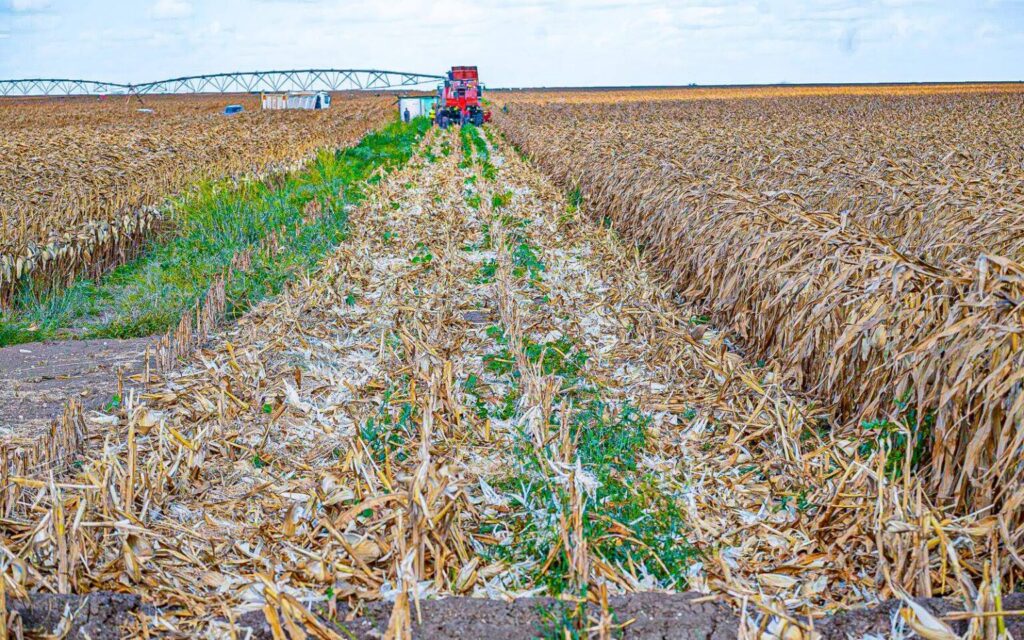The Galana-Kulalu Food Security Project has achieved a major milestone with the commencement of its first seed maize harvest under a Public-Private Partnership (PPP) between the government and Selu Limited. This development marks an important step in reviving Kenya’s large-scale maize production and advancing the country’s food security goals.
The project has so far produced about 860,000 kilograms of seed maize from 330 of the 1,500 acres cultivated. With an average yield of 30 bags per acre, the results indicate a strong start to what is expected to become one of the country’s most productive agricultural ventures. The success is credited to the combined efforts of the government, private sector, and national assembly, working together to enhance food sustainability through modern irrigation and efficient resource use.
Implemented through the National Irrigation Authority (NIA), the Galana-Kulalu project has benefited from KSh519 million in government investment for key infrastructure. These include a 20,000-cubic-metre intake well, a two-kilometre lined canal, a 550,000-cubic-metre water reservoir, and a 20,000-cubic-metre offtake pump—critical components designed to guarantee a steady water supply for year-round maize cultivation.
Currently, 1,170 acres remain under seed maize cultivation at varying growth stages. Selu Limited has installed nine centre pivots for irrigation, with plans to expand to 3,200 acres by the end of the year and 5,400 acres by mid-2026. The long-term target is to open up 20,000 acres for maize production. The project aligns closely with the government’s Bottom-Up Economic Transformation Agenda (BETA) and is projected to reduce Kenya’s dependence on food imports, saving the country between Sh400 billion and Sh600 billion annually.
Plans are also underway to develop a mega dam to facilitate irrigation across the remaining 180,000 acres of the Galana-Kulalu block. Through PPPs, the private sector contributes technology and a business-oriented approach that enhances efficiency and ensures sustainability. Additionally, by-products from the harvested seed maize will be repurposed into livestock fodder, providing added value to farmers.
Selu Limited aims to expand operations to 20,000 acres within three years, having already created 200 jobs, with the potential to employ up to 2,000 people at full capacity. The company also intends to engage local communities through health, education, and social development initiatives, reinforcing the project’s role as a model for agricultural transformation and inclusive growth.

